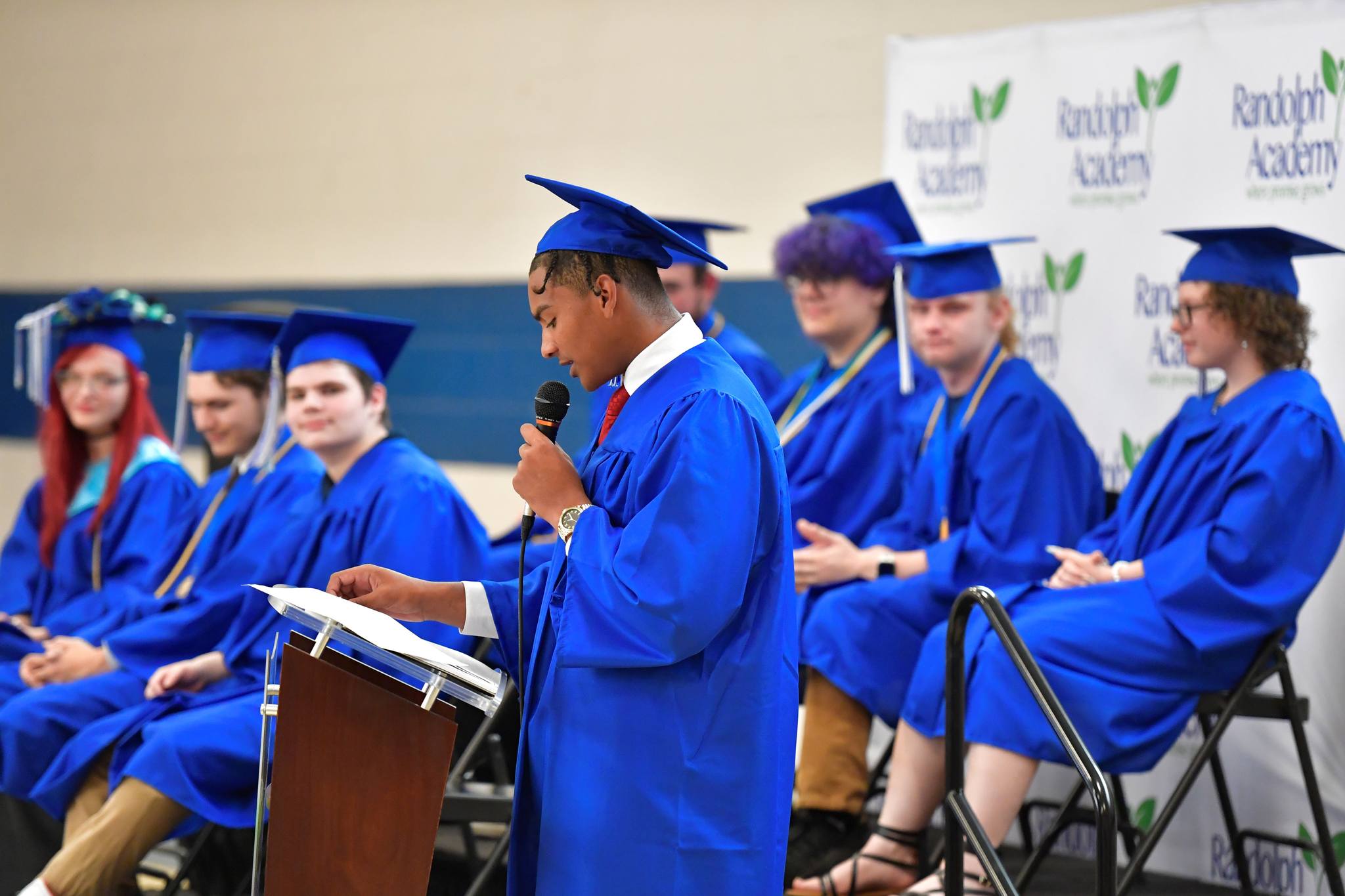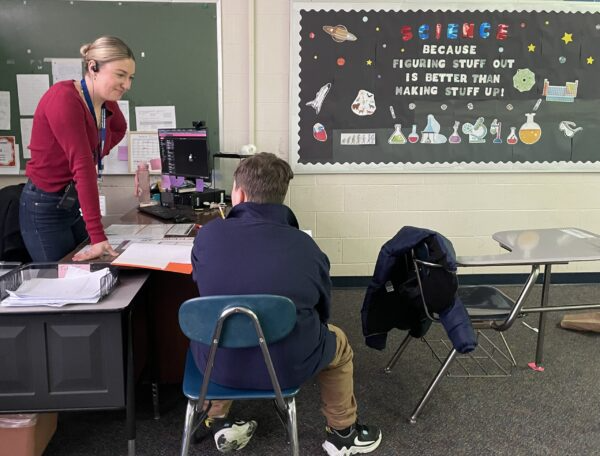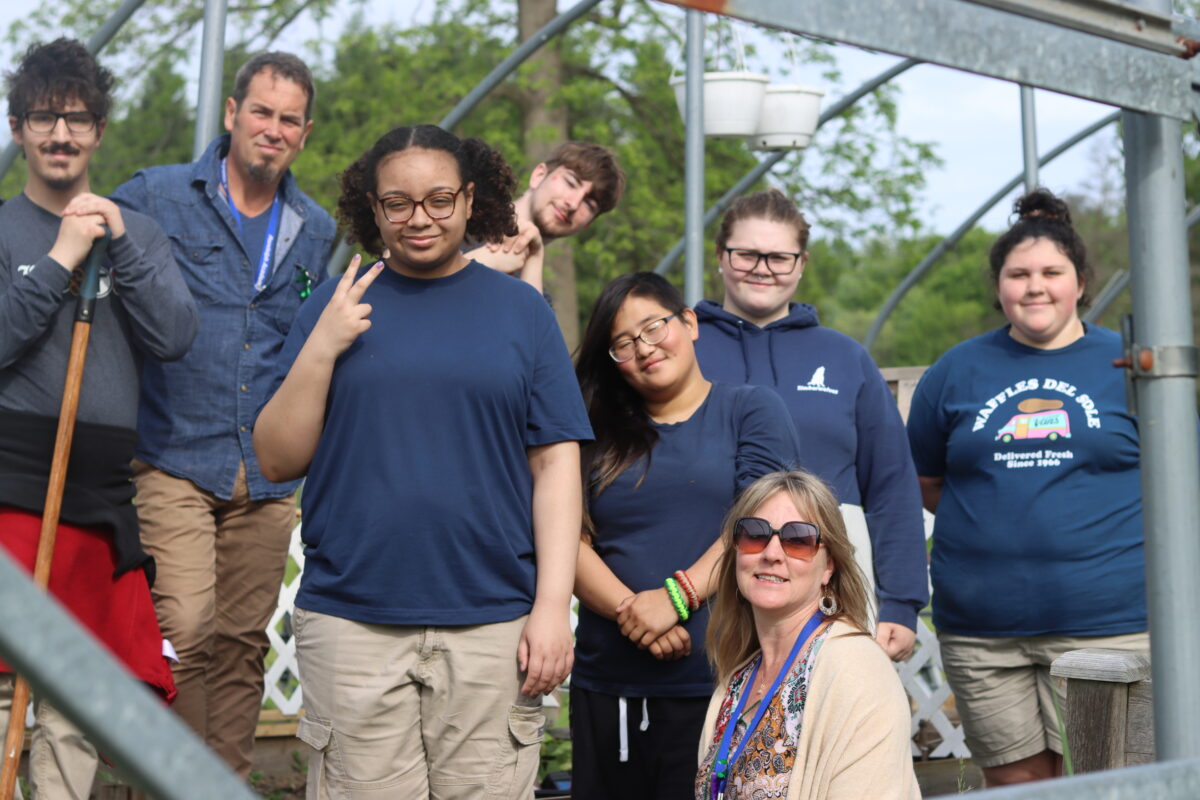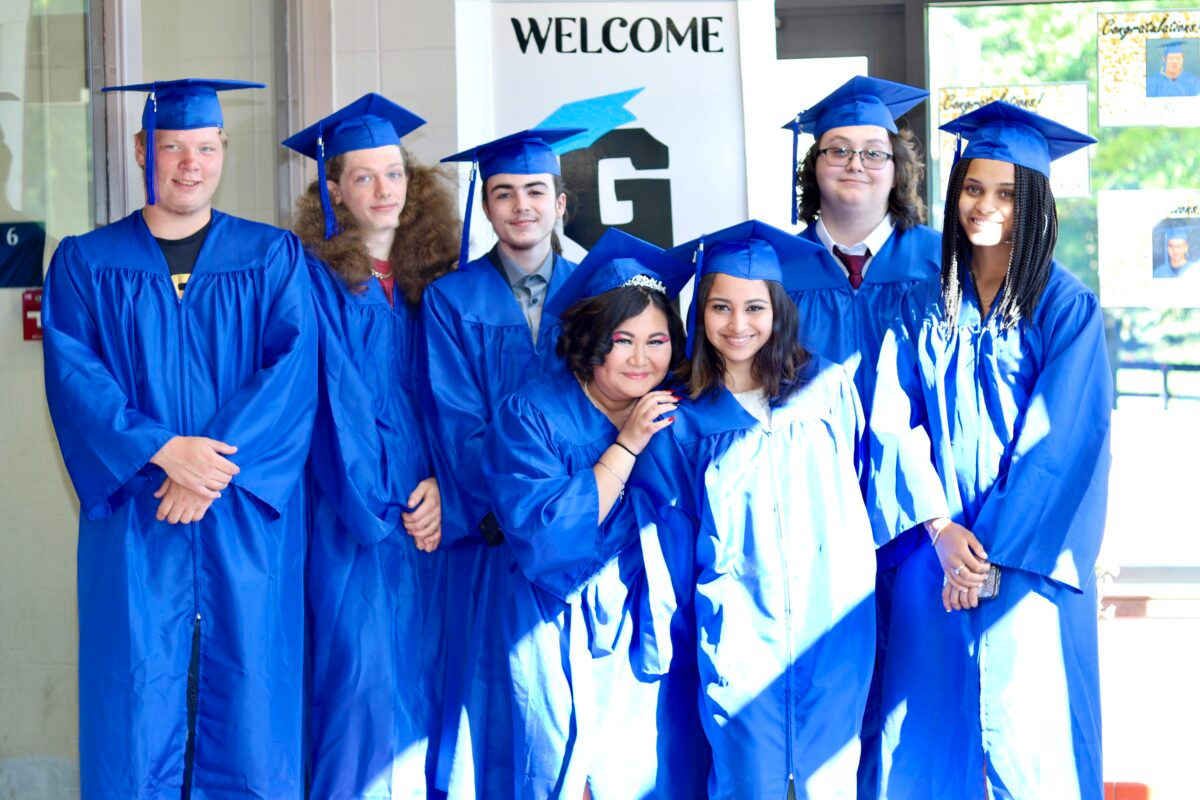Welcome To Randolph Academy
Our Vision: To assist students in overcoming their unique challenges to find their successful place as a prosperous citizen in the world.
Our Mission: To enhance student achievement through developing caring relationships and providing meaningful opportunities for students to succeed.
Core Values: We believe all students are capable of learning in a safe place to grow academically and emotionally. In our educational setting, we believe in the power of Relationships, Restoration, and Inclusivity




